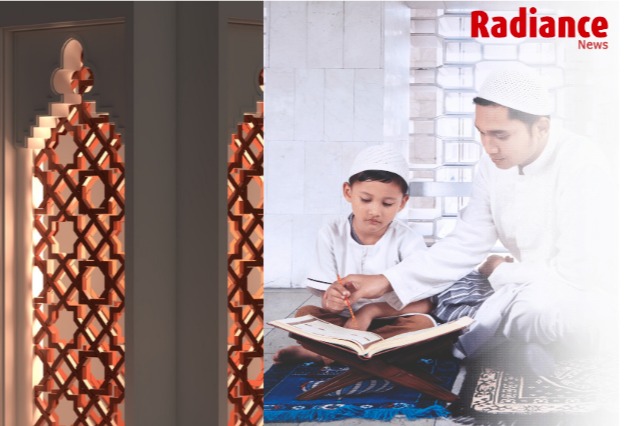– Adv Shahid Makandar
Education in Islam represents a profound journey of enlightenment and empowerment, transcending the boundaries of mere literacy to encompass a holistic pursuit of knowledge that nurtures the mind, spirit, and character of individuals. While literacy forms a foundational aspect, Islamic education delves deeper, equipping believers with the tools for critical thinking, ethical reasoning, and meaningful contribution to society.
The Quranic Emphasis on Knowledge
The Quran lays a strong foundation for the pursuit of knowledge, invoking divine guidance in the command to “Read! In the name of your Lord who created…” (Surah Al-Alaq 96:1-5). This directive underscores the transformative power of knowledge, attributing its source to divine wisdom and highlighting its role in shaping human understanding and morality.
Beyond Religious Boundaries
Islamic education extends far beyond religious learning, embracing all domains of human inquiry. Surah Al-Zumar (39:9) poses the rhetorical question, “Are those who know equal to those who do not know?” This verse emphasizes the superiority of knowledge and its capacity to enlighten and empower individuals in all facets of life.
The Prophetic Model of Learning
Prophet Muhammad ﷺ exemplified the importance of education, declaring, “Seeking knowledge is obligatory upon every Muslim.” (Tirmidhi) This teaching underscores the universal duty to acquire knowledge, encompassing both religious studies and worldly disciplines such as science, medicine, and ethics.
The Virtue of Teaching and Learning
The Prophet ﷺ emphasized the value of teaching and dissemination of knowledge, stating, “The best of you are those who learn the Quran and teach it to others.” (Bukhari) This tradition underscores the active engagement required in education, highlighting the importance of transmitting knowledge to future generations.
Education as a Path to Enlightenment
In Islam, education cultivates moral virtues, intellectual curiosity, and spiritual awareness. It instills values of humility, compassion, and integrity, guiding individuals towards righteousness and service to humanity. The Quran describes believers as discerning individuals who “listen to speech and follow the best of it” (Surah Az-Zumar 39:18), emphasizing the importance of ethical discernment in the pursuit of knowledge.
A Holistic Approach to Human Development
Islamic education integrates religious teachings with worldly knowledge, promoting excellence and proficiency in all endeavors. The Prophet ﷺ encouraged expertise in various fields, highlighting the importance of ethical conduct and diligence in personal and professional pursuits.
The Eternal Quest for Knowledge
Education in Islam is not a static endeavor but a lifelong pursuit of growth and enlightenment. It fosters self-discovery, ethical refinement, and spiritual awakening, guiding believers towards a fulfilling life of service and contribution. By upholding the values of education, cultivating a thirst for knowledge, and following the teachings of the Quran and the Prophet Muhammad ﷺ, Muslims can fulfill their duty to seek knowledge, enrich their communities, and attain success in this life and the Hereafter.



